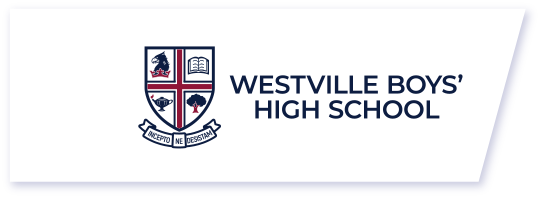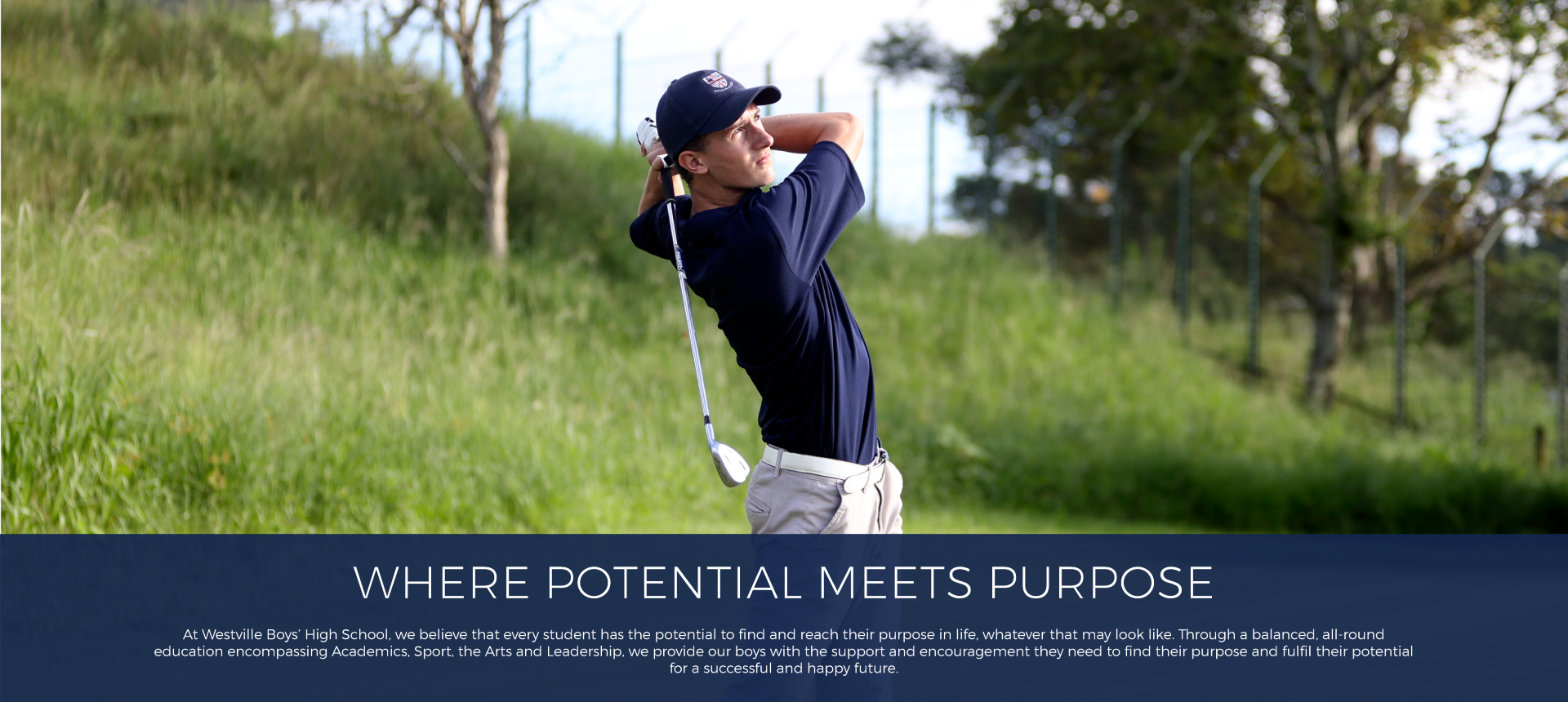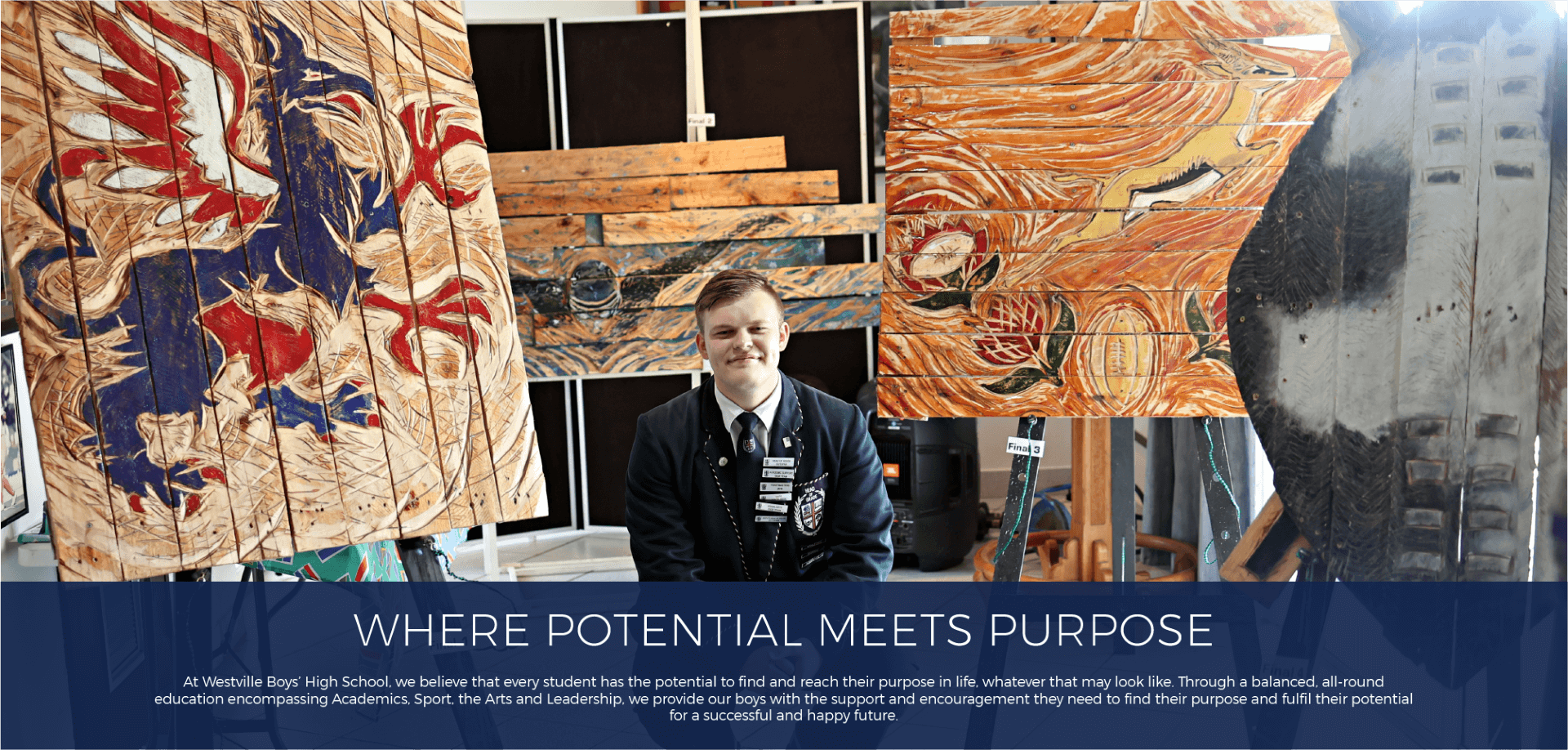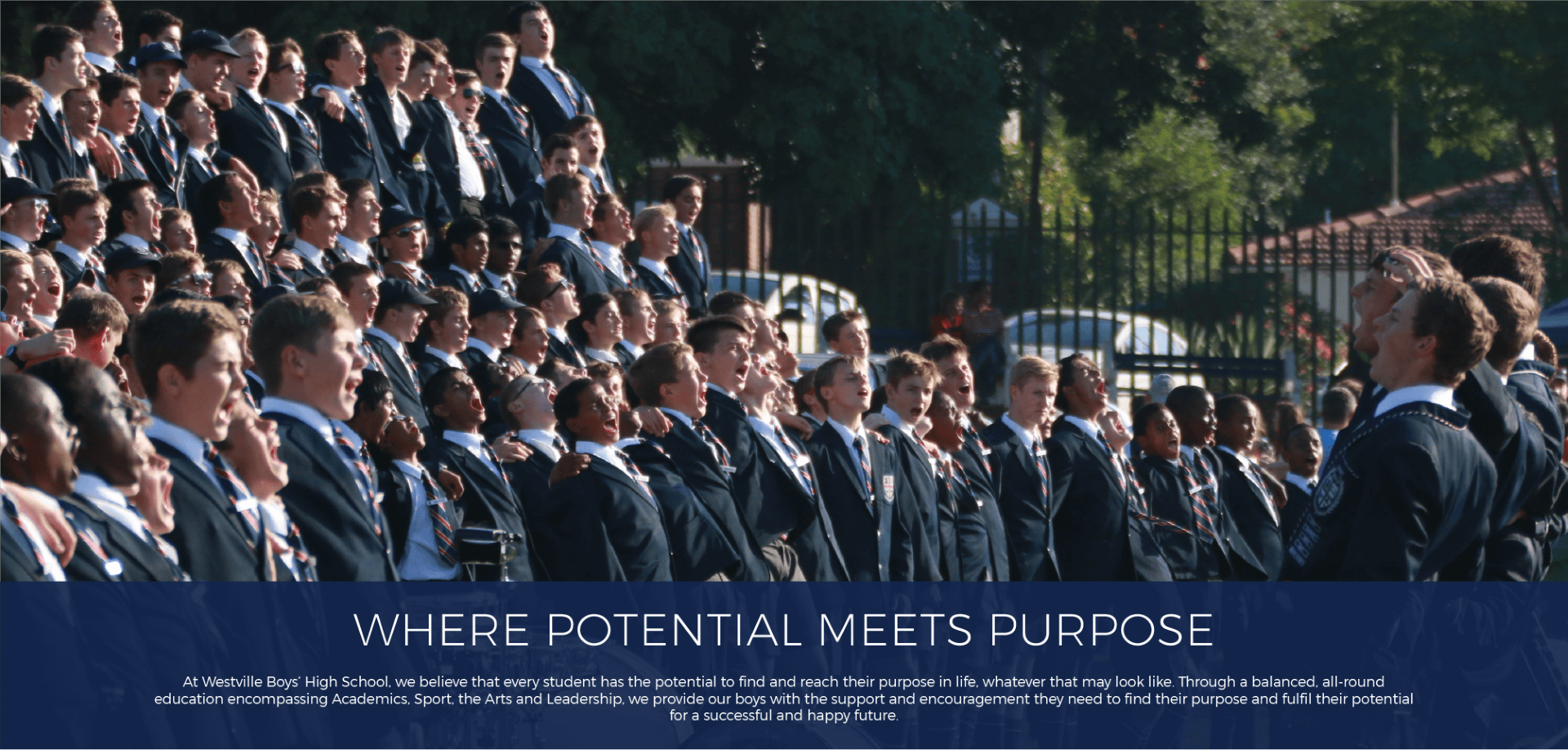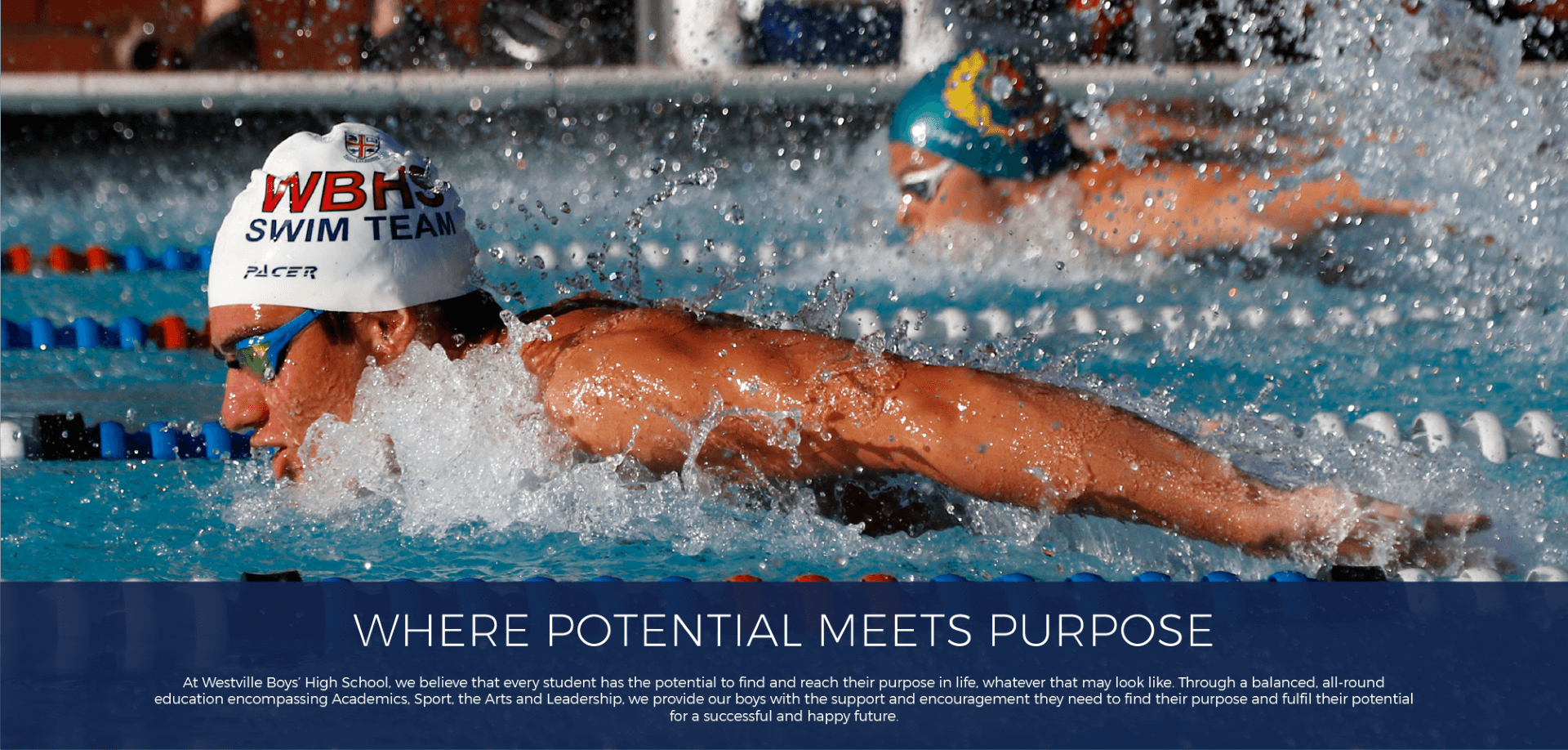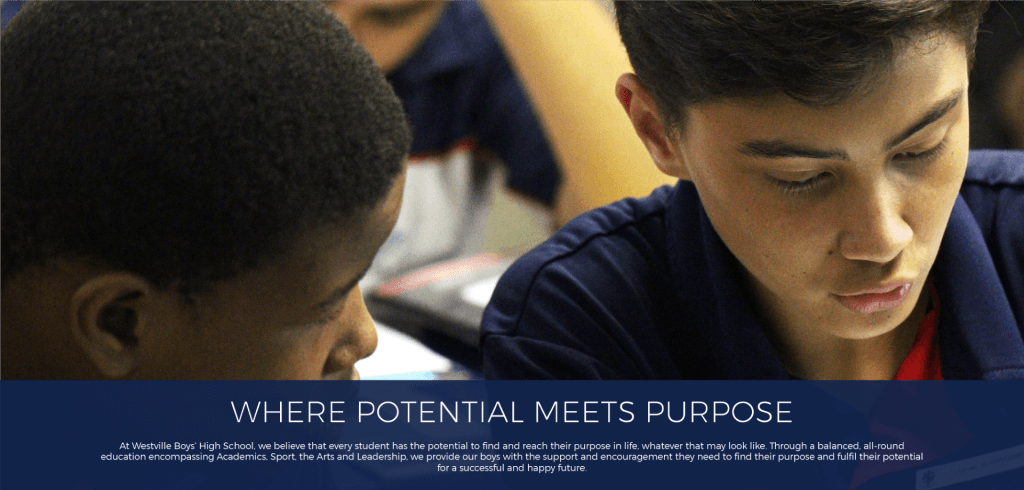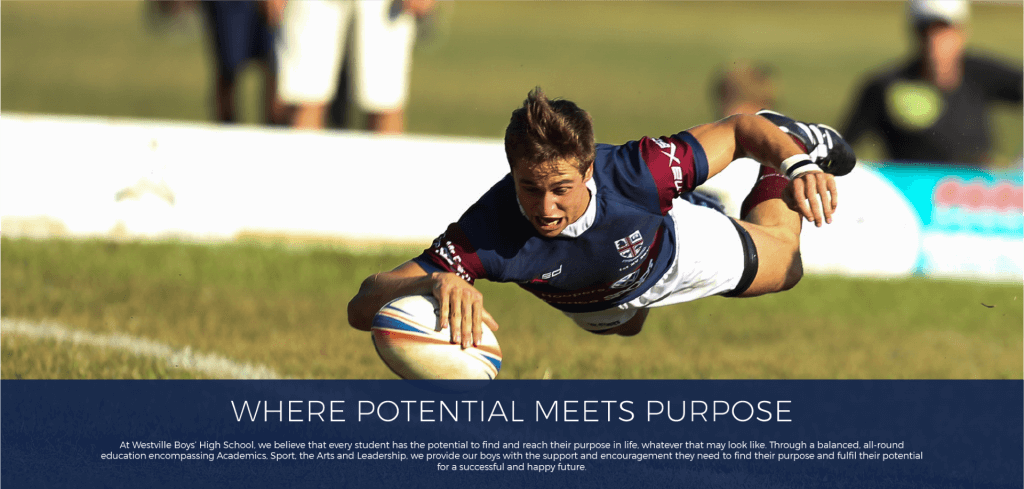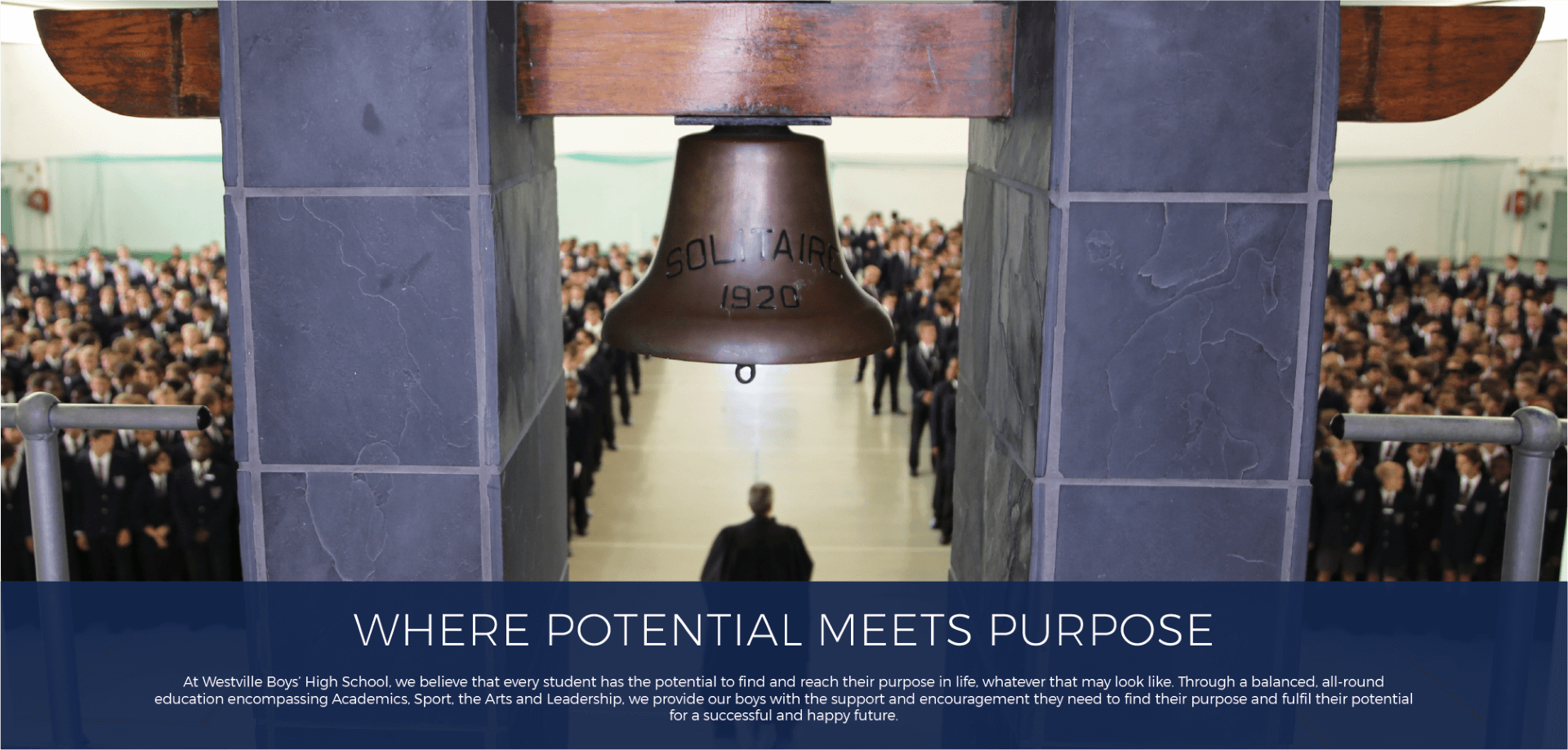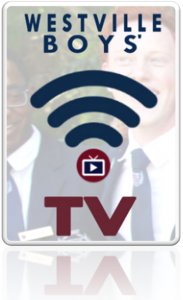
![]() GRADE 10-12 SUBJECTS (Further Education and Training)
GRADE 10-12 SUBJECTS (Further Education and Training)
In the third term all Grade 9 pupils – in consultation with their parents and the School – must select a course of study comprising 7 subjects.
Subject choices made in Grade 9 should be about choosing subjects according to academic strengths and interests while keeping options open for sound and informed tertiary study. Subjects should be chosen to ensure a good all-round education, for growth, development and a future of ongoing learning. Subject choices should not be solely about future careers, although the process is obviously connected to later study and career choice.
At WBHS, every learner’s package must include:
- English Home Language
- A First Additional Language (this could be either Afrikaans or isiZulu)
- Mathematics or Mathematical Literacy (see “Notes”)
- Life Orientation (see “Notes”)
- Physical Science (see “Notes”)
In addition, pupils must choose any two other subjects from the following list:
- Accounting
- Dramatic Arts (formerly Drama)
- Engineering Graphics & Design (formerly Technical Drawing)
- Geography
- History
- Life Sciences (formerly Biology)
- Visual Arts (formerly Art)
There can be no guarantee that a course requested will be automatically granted, places are awarded on academic merit. Pupils and parents will receive thorough counselling to assist them make the correct choice.
Subjects from this list will be offered only if:
- There is sufficient demand to constitute a viable class (at least 25 pupils)
- The requisite staff are available & the subject combination can be accommodated in the timetable
Pupils may also choose to study an eighth or ninth subject, provided that they can secure the services of a registered practitioner. The cost of any additional subject(s) offered for the National Senior Certificate (Matric) will be borne by the parents of that pupil.
Additional subjects may be chosen from the following list:
- An approved Additional Language
- Computer Applications Technology
- Information Technology
Notes:
It is a requirement of the FET curriculum that every pupil takes either Mathematics or Mathematical Literacy. Mathematical Literacy must not be considered an easy option and pupils will be required to make a concerted effort to master this subject. The course has been designed to develop competencies needed for our modern world, a world characterised by numbers, numerically based arguments and data represented and misrepresented in a number of different ways. The competencies that this course develops include the ability to reason, make decisions, solve problems, manage resources, interpret information, schedule events and use and apply technology in real life situations.
Mathematical Literacy will enable your son to proceed to Higher Education institutions and those students who successfully complete the course will be able to deal effectively with mathematically-related requirements in disciplines such as the social sciences and life sciences. However, Mathematical Literacy should not be taken by your son if he intends to study disciplines that are mathematically based, such as medicine or engineering.
It is the policy of the School that every pupil should take Physical Science through to Grade 12. However, a small minority of pupils (those who are not strong in Science or Mathematics) may be allowed to replace Physical Science with Business Studies at the end of Grade 10. This option will only be allowed if there are sufficient pupils (25) to make up a viable class.
Life Orientation is the only non-examinable subject in the FET course. However, your son will not be promoted or issued with a National Senior Certificate (NCS) without providing concrete evidence of his performance in Life Orientation. All evidence of your son’s performance will be reflected in his portfolio.
The focus of the subject is on managing one’s life in a well-informed and responsible manner and the approach to assessment is largely practical.
